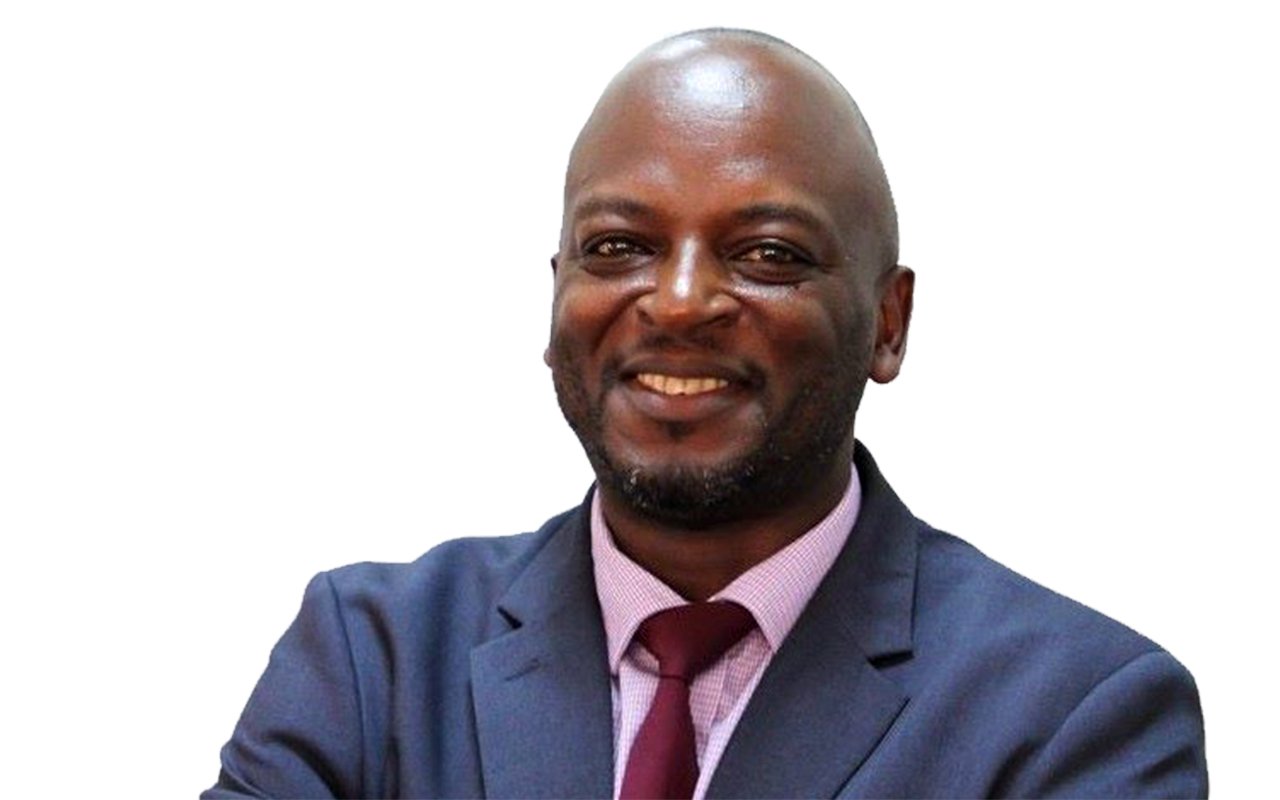Financial inclusion: Progress, pitfalls and the green finance frontier

Mr Kenneth Egesa, BoU Director Communications. Photo/Courtesy
What you need to know:
- By building upon existing achievements and addressing emerging challenges, Uganda can create a more inclusive and resilient financial ecosystem.
Uganda has made significant strides in financial inclusion, as evidenced by the increasing adoption of mobile money and SACCOs. The first National Financial Inclusion Strategy (NFIS (2017-2022)), spearheaded by the Ministry of Finance, Planning and Economic Development (MoFPED) and the Bank of Uganda (BoU), laid the foundation for this progress, by focusing on reducing financial exclusion, developing credit infrastructure, building digital infrastructure, deepening savings and insurance usage, and enhancing financial capability.
The subsequent NFIS (2023-2028) expanded upon these objectives by introducing green finance and gender inclusion as priorities to address outstanding issues from the NFIS (2017-2022).
The FinScope surveys of 2018 and 2023 provide valuable insights into progress in as far as increase in financial access is concerned driven by mobile money and Savings and Credit Cooperative Organizations (SACCOs). Between 2018 and 2023, there was a remarkable surge in the adoption of mobile money and SACCOs. The increase in mobile phone ownership, from 52 percent to 72 percent, has been a catalyst for reducing financial exclusion, primarily through the widespread adoption of mobile money services, especially among the underserved population. Government initiatives supporting SACCOs especially through the Parish Development Model and other similar programs have also contributed significantly to expanding financial access, particularly in rural areas.
However, challenges persist related to the usage of financial services to address unexpected shocks and to support green growth and climate adaption. According to the 2023 FinScope survey, unexpected expenses increased significantly, with sickness (28 percent), agricultural risks (22 percent), and theft (21 percent), being the primary causes of financial shocks. This has led to a growing reliance on personal savings as a coping mechanism, with savings usage increasing from 16 percent to 38 percent. Conversely, borrowing as a coping mechanism fell from 42 percent to 16 percent.
Further, while 38 percent of Ugandan adults engage in agriculture/agribusiness, a sector with immense potential for green finance, only 22 percent have accessed such financing. Low awareness about green growth, climate change adaptation, and green finance itself largely accounts for this gap.
To address these usage challenges, financial institutions should prioritize the development of products that enhance resilience for the financially vulnerable. In addition, to fully harness the potential of agriculture and other sectors for green growth, there is a need for concerted efforts to raise awareness about climate change, green finance, and the opportunities they present. The Bank of Uganda’s requirement for commercial banks to integrate ESG sustainability objectives into their operations is a step in the right direction.
By leveraging the insights from the FinScope survey, banks can tailor their products and services to meet the specific needs of their customers. Banks can also play a crucial role in driving the transition to a green economy by offering specialized financial products and services.
Key strategies could include product innovation involving the development of green loans, investment funds, and bonds to support environmentally friendly projects; financial education to raise customer awareness about green finance and its benefits; and partnerships with government, NGOs, and other financial institutions to create a supportive ecosystem.
While there is still room for improvement, the progress made in financial inclusion is commendable. By building upon existing achievements and addressing emerging challenges, Uganda can create a more inclusive and resilient financial ecosystem.
Kenneth Egesa is the director communications and public relations, at the Bank of Uganda.




